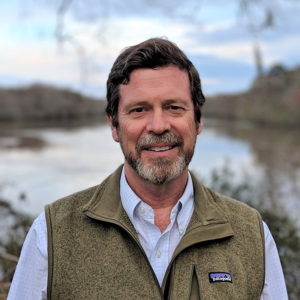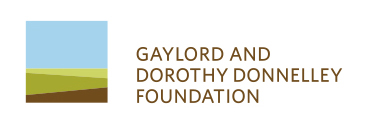Learning as We Go, Responding to the COVID Pandemic

No doubt, the COVID-19 crisis elicits a strong sense of purpose in every grantmaker, interspersed with moments of feeling overwhelmed. How do we meet all of the pressing needs in a society with a relatively weak social safety net and glaring inequalities, relative to our collective resources? How much should we deviate from our existing programs and grantees? What is the best balance between providing immediate emergency relief and stewarding of funds that will be needed for the longer term? There are no right or wrong answers, of course.
So far, we have compressed about half of our annual grantmaking budget into an accelerated schedule for over 200 of our arts and collections grantees. Other needs, no doubt, will come to the surface as the full impacts of the public health crisis play out. Our grant payout is based on a 60-month rolling average of assets, so we do not plan to reduce our overall support.
Early on, our board decided to remain focused primarily in our mission areas of artistic vitality, regional collections, and land conservation. These sectors remain a relatively small piece of the philanthropic pie and, in general, are less understood by policymakers and the public as essential to our wellbeing. Our immediate priority is to accelerate 2020 grantmaking and create, or participate, in emergency funds to support our arts and collections grantees with budgets under $1 million. All of these groups are shuttered, cutting off critical revenue, with many staff doubly impacted through loss of service industry jobs necessary to support a living. We already know that smaller arts and culture groups have the fewest resources for survival, recovery, and sustainability.
Even now, I can reflect on some initial staff takeaways, mostly centered on our aspirations for “trust-based” philanthropy. Multi-year general operations grants are always the most valued form of support, maximizing both flexibility and stability. Extensive proposal and reporting requirements take up valuable time, especially for thinly staffed organizations. Building relationships with grantees can help foster more candid conversations about where support is most helpful and how grantmakers can have the greatest impact.
We know that, despite our efforts, some organizations may not make it and others will need to transform to survive, shedding unsustainable programs or organizational models. Figuring out how we can provide support to our grantees for scenario planning efforts is high on our list. We embrace the inherent level of risk-taking, and learning as we go, in the art of philanthropy. We can come out of this stronger, smarter, and more empathetic as we work through this crisis together.
This letter was updated as a blog post for the National Center for Family Philanthropy.


Sorry, the comment form is closed at this time.